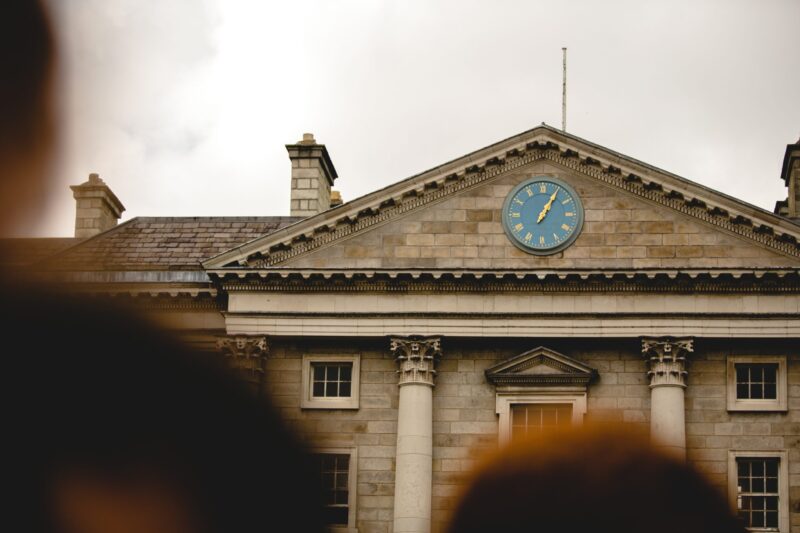The government has committed to bolstering the role of higher and further education as “anchors for enterprise and regional growth” as part of the National Development Plan, which was launched today.
The 180-page document includes the strategy for third level in the future, which includes expanding the sector to cater for demographic change, retrofitting campus buildings to make them more energy efficient and the importance of “non-Exchequer investments”.
Taoiseach Micheál Martin described the plan – which commits to expenditure on capital projects totalling over €165 billion – as “unprecedented in scale”.
The document says: “Ireland’s further and higher education and research system is a strategic national asset which supports a knowledge-based, innovative, creative society and economy across all regions and for all citizens. The development of human capital and knowledge must be at the heart of our response to the key challenges facing the country.”
“The further and higher education and research system is critical to the delivery of Ireland’s climate action ambitions”, it continues. “The transition to a green economy will require a sustained focus on ensuring that the necessary skills are being developed right across the further and higher education system, including reskilling and upskilling of those already in the workforce. This in turn requires investment in the supporting education and training infrastructure and equipment.”
“Equally, as some skills become redundant in the new economy, we will rely on our further and higher education system to ensure that individuals can transition to new opportunities and that nobody is left behind.”
The plan commits to expanding existing infrastructure to “address increasing enrolments arising from demographic growth, and to ensure that infrastructure development aligns both with spatial planning targets and skills needs in the economy”. The number of full-time enrolments in the higher-education sector is set to continue growing until at least 2030.
The document also notes that the pandemic “emphasised the importance of the physical campus to the student experience and skills development”.
“Support will be provided for the construction of campus infrastructure that is adaptable, digitally enabled, and supports evolving best practice in teaching and learning. Investments to support skills development. Investments will seek to ensure that the right infrastructure and equipment are in place to match skills development with the needs of our economy and of society, across the regions and nationally.”
Current infrastructure projects of this sort include Maynooth University’s Technology, Society and Innovation Building, the Future Campus Project in University College Dublin and University College Cork’s business school.
On climate action, the document says that “the achievement of the 2030 climate targets will require significant investment in further and higher education buildings to improve energy efficiency and promote decarbonisation”. A slew of buildings have been earmarked for retrofitting, including Trinity’s Moyne Institute.
Over the course of the implementation of the National Development Plan, “larger-scale investments” will be funded, with a “clearly prioritised approach based on carbon reduction potential and operational considerations”.
The document also says that “non-exchequer finance will continue to play an important role in the delivery of infrastructure in the higher education sector, such as borrowing by the university sector, including from the European Investment Bank (EIB), and philanthropy”.
Recently, there have been significant and very welcome announcements of philanthropic donations to support infrastructure development in the university sector. Proceeds from the disposal of properties by TU Dublin will be the main source of finance for the next programme of construction at Grangegorman.
It is expected that €2 billion of non-Exchequer finance will be invested in the sector over the course of the plan’s implementation.







